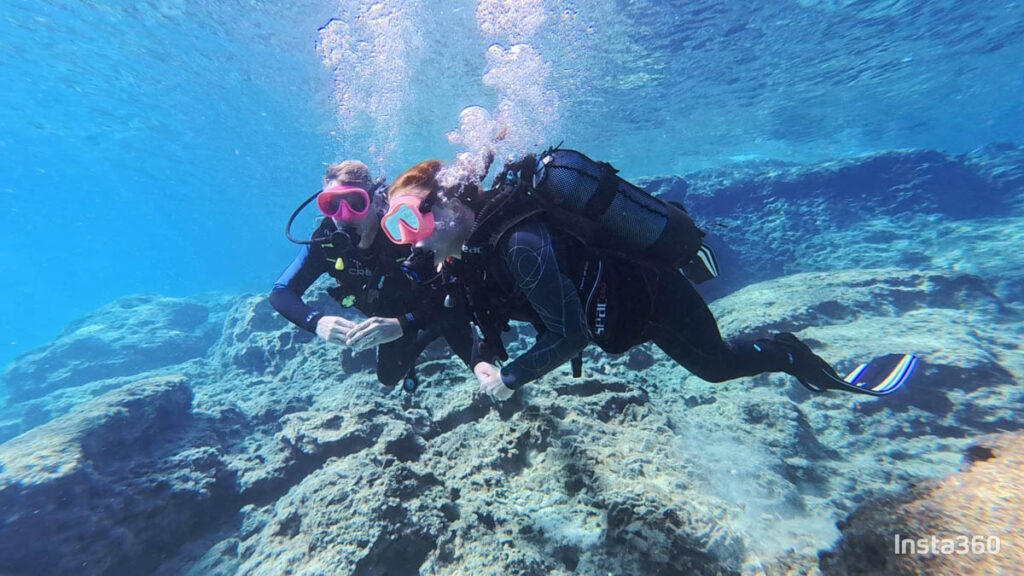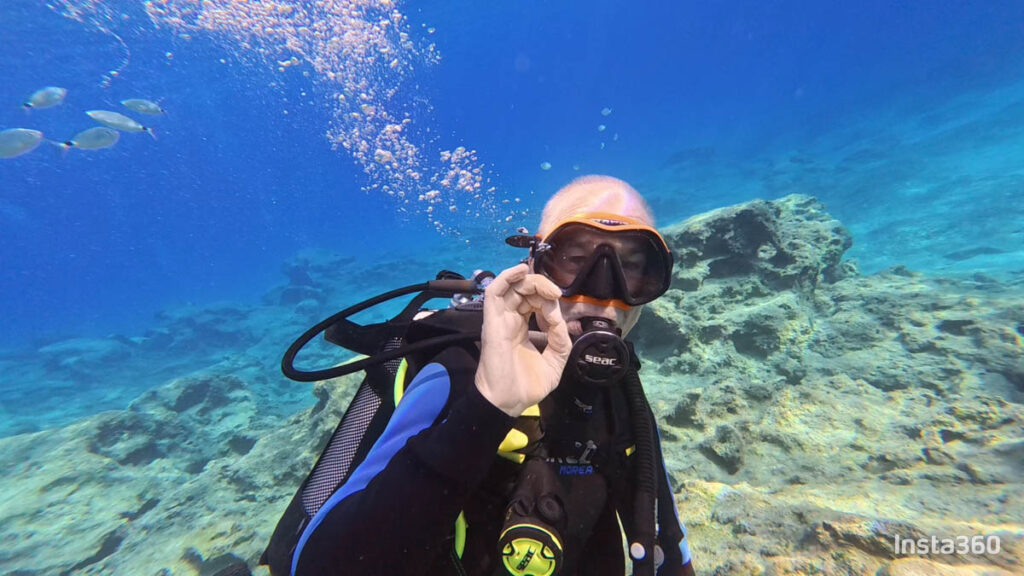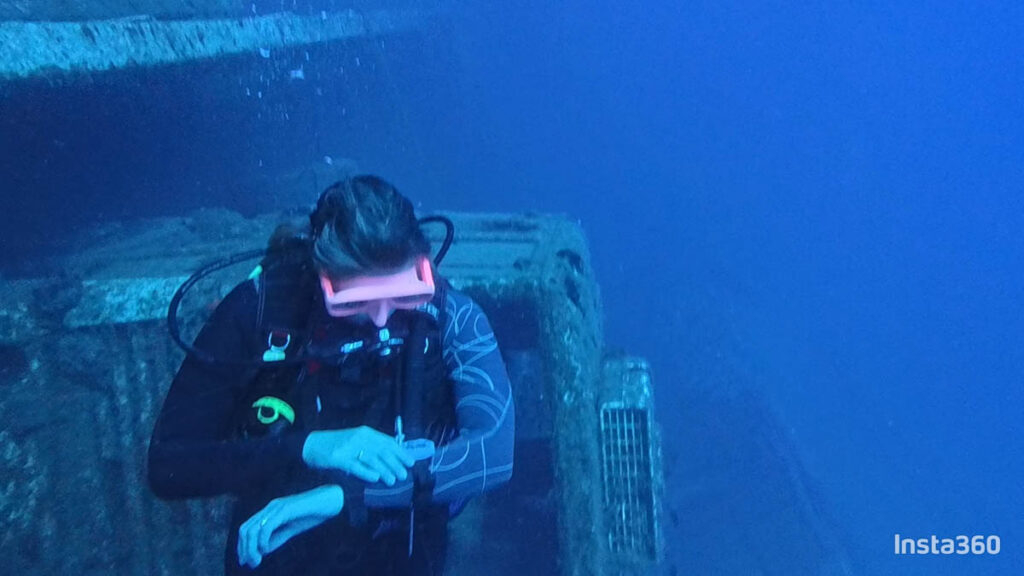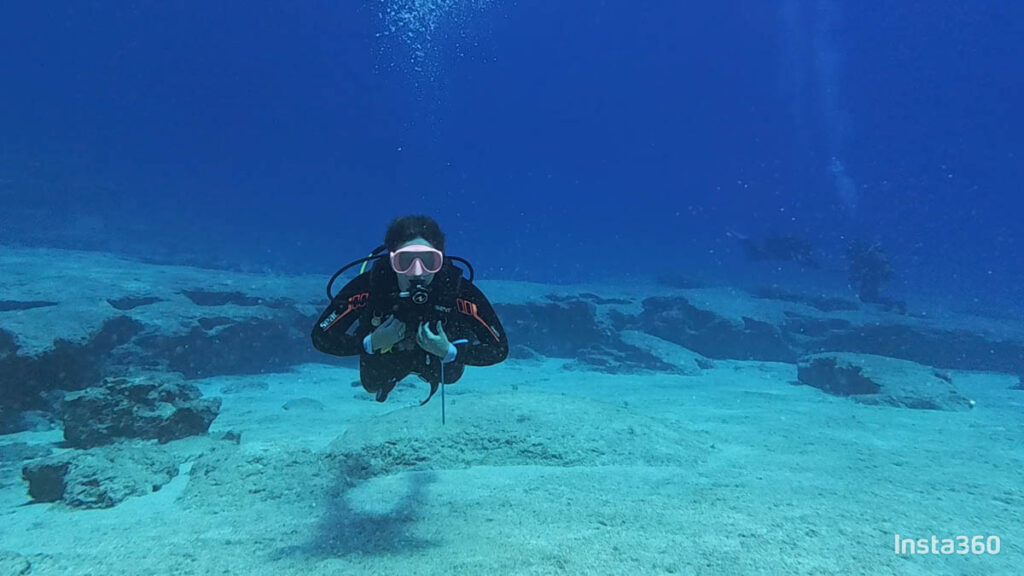Scuba diving is meant to be freeing; a chance to explore another world, weightless, surrounded by beauty. Yet for many new or non-frequent divers, the reality feels very different. The intimidation of diving alongside more experienced groups, the pressure to “look confident,” and the unspoken competitiveness about air consumption or weighting can turn a joyful activity into something stressful, and even dangerous.
The truth? Diving isn’t the Olympics. There are no medals for surfacing with the most air or dropping with the least weight. What matters is being safe, present, and honest with yourself and your buddy.

The Hidden Pressures New Divers Face
New divers often feel the weight of unspoken expectations — sometimes literally.
- Air consumption lies → Divers sometimes claim they have more air than they actually do, fearing judgment. This doesn’t just put them at risk; it endangers the entire group.
- Weight shaming → Some divers are mocked for the amount of lead they carry, leading them to under-weight themselves. That shame can result in uncontrolled ascents or inability to descend safely.
- Silent intimidation → Many divers pretend they know how to set up equipment or use a dive computer, rather than admit they’re unsure. The fear of “looking inexperienced” keeps them quiet when they most need help.
These pressures don’t build better divers. They create dangerous habits that compromise safety and rob people of the joy of diving.
When Shame Replaces Support
Not long ago, I read a post from a diver who shared how self-conscious she felt about needing more weight than others. She admitted she had been shamed by fellow divers and even instructors; the very people who should have been her safety net. She described floating to the surface in just a swimsuit, struggling to get underwater, and questioning if something was “wrong” with her body.
As an instructor, reading this broke my heart. All she needed was guidance and reassurance. Instead, she got judgment.
The truth is: the amount of weight you need fluctuates dramatically depending on what you wear, how new your wetsuit is, the salinity of the water, even the time of year. In Cyprus, for example, divers often need more weight than they expect simply because of the conditions. None of this means anything negative about your body or your ability as a diver. It’s just physics.
My recommendations for any diver who struggles with weighting:
- Be honest with your instructor or guide. They’re there to help you dial it in.
- Do a proper buoyancy check at the surface. It’s the simplest, safest way to confirm your setup.
- Remember that weights are personal. What works for one diver won’t necessarily work for another.
Carrying more lead doesn’t make you a “bad diver.” Carrying the wrong amount does. The goal isn’t less weight; it’s the right weight.

Diving’s Clique Problem
Let’s be honest: scuba can still feel like an exclusive “men’s club.” While the industry is changing, new divers, especially women, often find themselves judged, ignored, or ogled rather than supported.
Did you know?
- There are women-only diving platforms with hundreds of thousands of members, created because mainstream open forums are filled with toxicity.
- On many public groups, women divers are represented through bikini shots and glamour close-ups, where comments swing between ridicule and objectification.
- In safe, closed spaces, women finally get to share their real stories, concerns, and victories without fear of being belittled.
This divide shows just how important inclusive, respectful spaces are for divers of all backgrounds and experience levels.
Building Experience the Right Way
Certification is just the starting line. A plastic card proves you’ve met the requirements; but real confidence only comes from time in the water. The more you dive, and the more variety of conditions you experience, the more natural everything will feel.
So challenge yourself to explore new sites within your training limits. Don’t just dive the same shallow wreck over and over. Try different entries, depths, currents, and visibility. Each condition builds resilience and comfort.
And remember: your dive computer isn’t just a wrist accessory. Read the manual. Watch a quick YouTube tutorial if you’re unsure. Almost every diver has done the same at some point. The more you understand your gear, the safer and smoother your dives will feel.

Fumbling Is Part of Learning
Every diver has adjusted, fumbled, or experimented with their kit to find what truly fits. That’s normal. What matters is owning the process.
Ask questions. Request help. Try different BCDs, fins, or mask styles until you know what works for your body. It’s not a crime to admit you don’t know something. In fact, it’s the smartest thing you can do.
As dive professionals, we actually respect divers who are upfront about their abilities far more than those who fake confidence. Honesty makes you safer, and it helps your buddy and your guide keep the dive enjoyable.
You Deserve Better
If you ever encounter a dive professional who makes you feel ashamed, belittled, or judged remember, you’re paying for their service. You don’t have to accept that treatment. Call it out. Choose another shop, another instructor, another buddy.
The good news? Things are changing. Slowly but surely, diving is becoming more inclusive, supportive, and safe for everyone. Good days are ahead; but they’ll come faster if we all commit to making honesty, safety, and respect the norm.
A Call to All Divers
At its heart, scuba diving is a privilege. We’re allowed a glimpse into a hidden ecosystem few ever see. That privilege should never be clouded by shame, ego, or gatekeeping.
So here’s a reminder:
- Carry the weights you need.
- Admit when you don’t know something.
- Share your real air pressure, always.
- Support, don’t judge.
It’s not about proving yourself. It’s not about impressing anyone else. It’s about enjoying the ocean safely, responsibly, and with the people who share your passion.
Diving is; and should always remain, a recreational activity. Let’s keep it joyful. Let’s keep it inclusive. And most importantly: own your dive.
THE SCUBA NEWS Link !
DemirHindiSG 22 Ekim 2025-21:31







